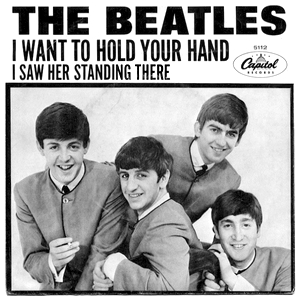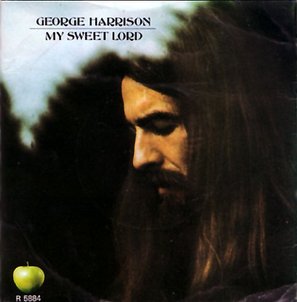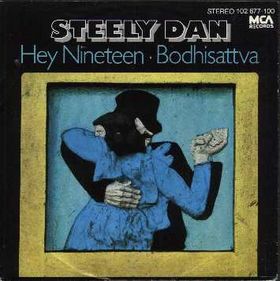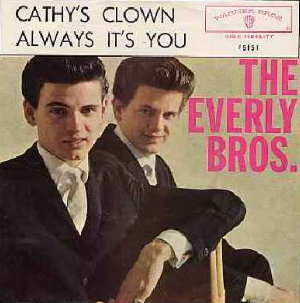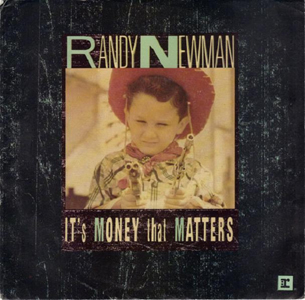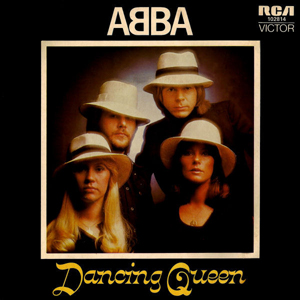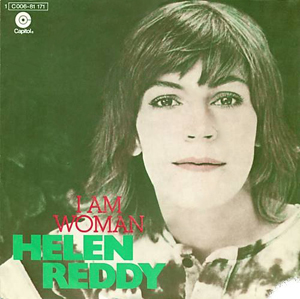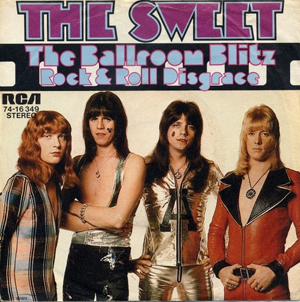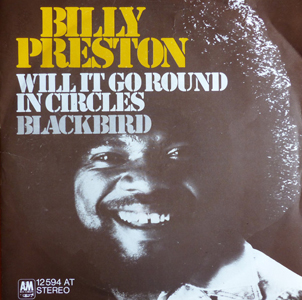Paul McCartney, an iconic figure in the music industry, has had a remarkable career spanning over six decades. As a founding member of The Beatles, his contributions have significantly shaped the landscape of popular music. His work with The Beatles produced some of the most enduring songs of all time, including classics like “Hey Jude,” “Let It Be,” and “Yesterday.” These tracks not only topped charts globally but also influenced countless artists across various genres.
McCartney’s talent was not confined to his time with The Beatles. After the band’s breakup, he formed Paul McCartney & Wings, continuing to release hits like “Band on the Run” and “Live and Let Die.” His ability to reinvent himself and remain relevant in the evolving music scene is a testament to his versatility as an artist. Songs like “Maybe I’m Amazed” showcased his knack for crafting deeply personal and emotionally resonant music.
Throughout his illustrious career, McCartney has garnered numerous accolades. He is an 18-time Grammy Award winner, a two-time inductee into the Rock and Roll Hall of Fame (as both a Beatle and a solo artist), and a recipient of the prestigious Gershwin Prize for Popular Song from the Library of Congress. In 1997, he was knighted by Queen Elizabeth II for his services to music, cementing his status as one of the most influential musicians in history.
Beyond his musical achievements, McCartney is also known for his philanthropic efforts. He has been a vocal advocate for animal rights, environmental conservation, and vegetarianism. Along with his late wife, Linda McCartney, he campaigned extensively for these causes, even launching the Linda McCartney Foods line of vegetarian products. His support extends to numerous charities and humanitarian efforts, reflecting his commitment to using his platform for positive change.
McCartney’s legacy is not just in the music he created but also in the way he has inspired generations of musicians and fans. His songwriting prowess, innovative approach to music, and unwavering dedication to social causes make him a towering figure in popular culture. As we listen to timeless songs like “Eleanor Rigby,” “Penny Lane,” and “Blackbird,” we are reminded of the profound impact Paul McCartney has had on the world, both through his art and his actions.
Follow Tunes Du Jour on Facebook
Follow Tunes Du Jour on Twitter
Follow me on Instagram
